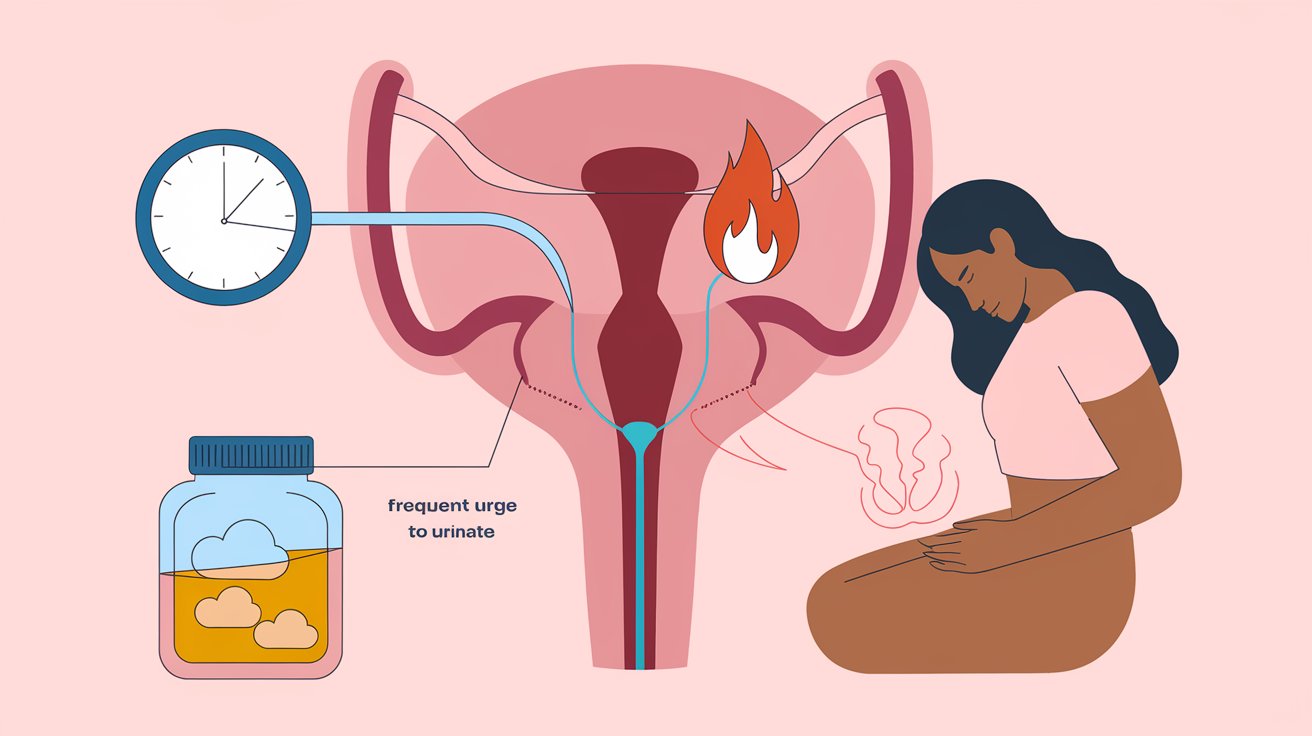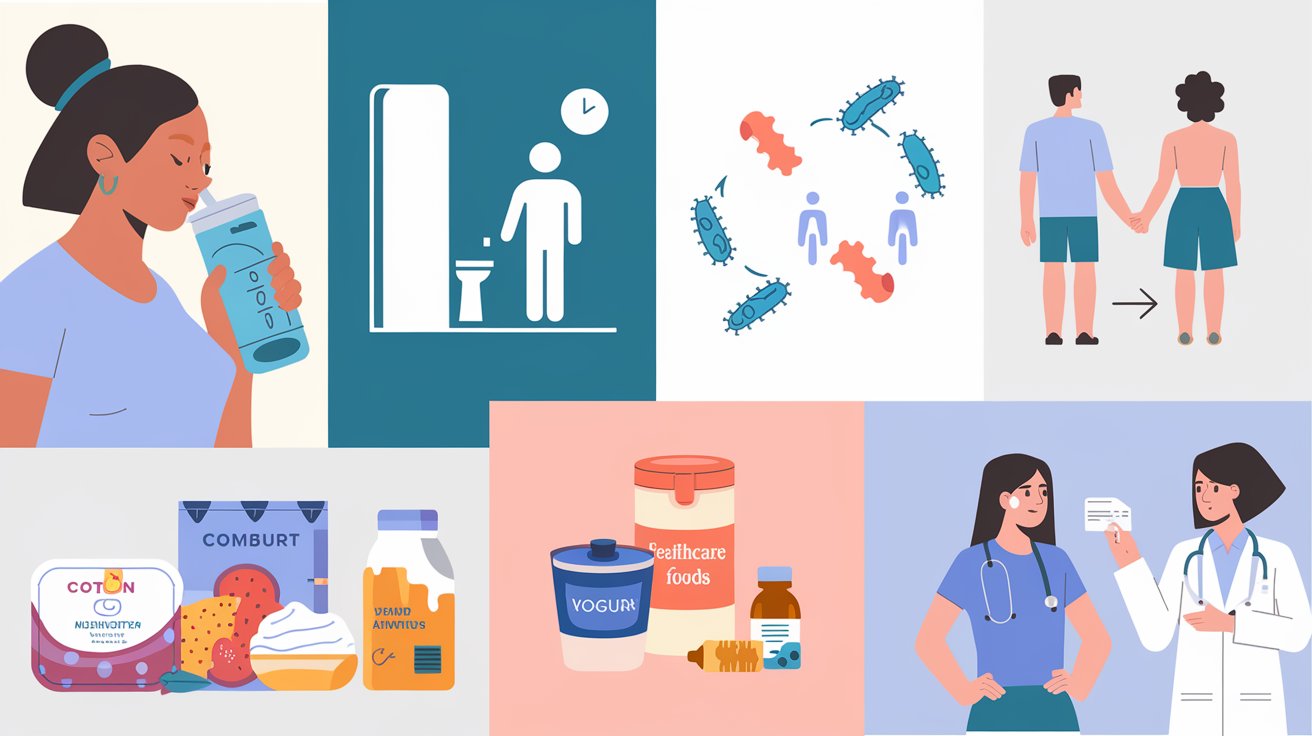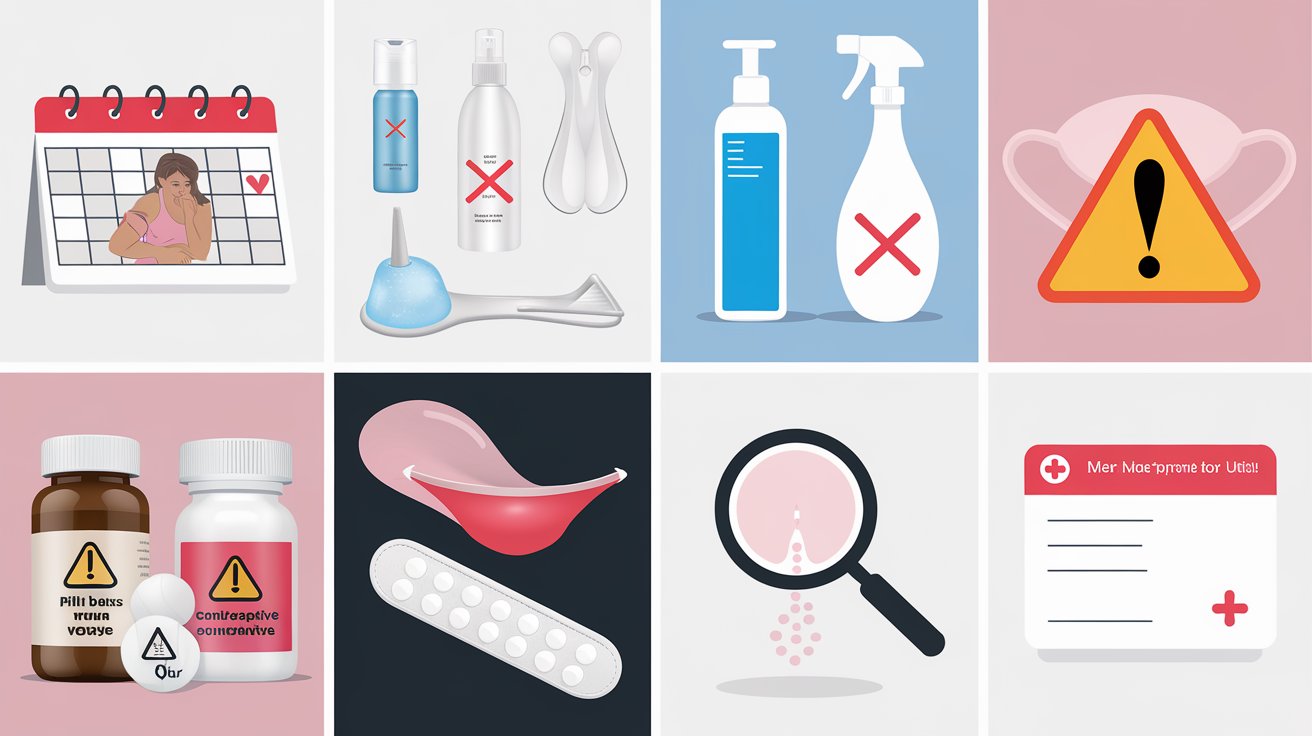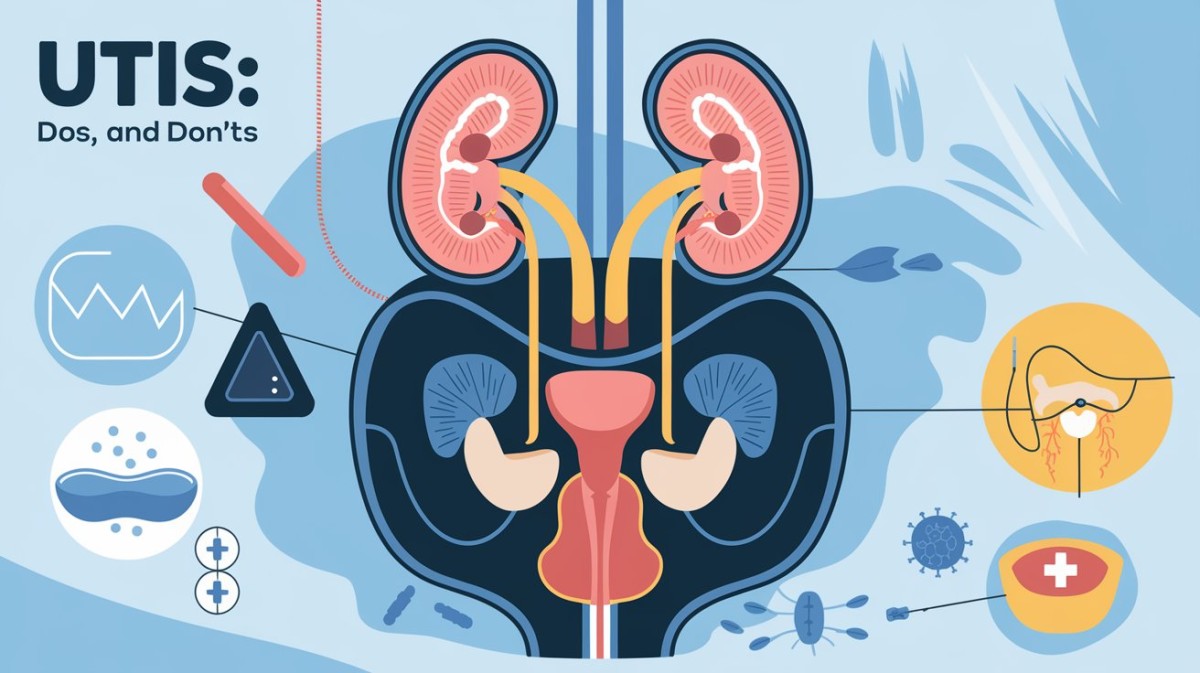Urinary tract infections (UTIs) are recurrent complications prevalent among women that affect millions each year. UTIs are infections by bacteria of the urinary tract that begin in the lower tract, and can cause annoying symptoms, pain, and significant health problems if untreated. It’s therefore important that individuals and especially women have adequate knowledge on how to prevent and treat urinary tract infections.
In this blog we will be looking at what should or should not be done in case one is afflicted with a urinary tract infection.
Understanding UTIs

A urinary tract infection is an inflammation of the urinary system – kidneys, ureters, bladder and urethra – as a result of bacterial invasion. UTIs are common among women because of the uniqueness of their anatomy; women have a shorter urethra, which increases the ease with which bacteria can travel to the bladder. Common symptoms of a UTI include:
> A burning sensation during urination
> Frequent urge to urinate with little output
> Cloudy or strong-smelling urine
> Pelvic pain or pressure
> Blood in urine (hematuria)
If you experience these symptoms, it is crucial to consult a healthcare professional for diagnosis and treatment.
Dos for Managing UTIs

1. Do Stay Hydrated
Consuming a lot of water keeps bacteria out of the urinary system because it cleans them out when you urinate. Try to have a minimum of six to eight glasses of water per day. Drinking a lot of water thins down the urine and increases the frequency of urination thus clearing out the harmful bacteria.
2. Do Urinate When Needed
Holding in urine can allow bacteria to multiply in the bladder. Make it a habit to urinate every three to four hours, even if you don’t feel an urgent need. Regularly emptying your bladder reduces the risk of infection.
3. Do Wipe from Front to Back
After using the bathroom, always wipe from front to back. This practice helps prevent bacteria from the anal area from entering the urethra, reducing the risk of infection.
4. Do Urinate After Sexual Activity
Sexual activity can introduce bacteria into the urinary tract. To minimize this risk, urinate before and after intercourse to help flush out any potential pathogens.
5. Do Wear Breathable Underwear
Use underwear that are made from cotton, and avoid wearing tight clothes because they hold in dampness, where the bacteria thrive. Loose clothing also allows air to circulate thus reducing perspiration in the genital area and hence, prevents irritation.
6. Do Consider Probiotics
Probiotics can help maintain a healthy balance of bacteria in your body. Foods rich in probiotics, such as yogurt or fermented products, may support vaginal health and reduce UTI recurrence.
7. Do Seek Medical Attention Promptly
If you have had a UTI previously, or if you are experiencing worsening symptoms, contact your healthcare provider. The patient should be started on antibiotics as early as possible in order to avoid further complications.
Don'ts for Preventing UTIs

1. Don't Delay Treatment
Ignoring UTI symptoms can lead to more severe infections that may affect your kidneys or lead to sepsis. If you experience symptoms like fever or severe pain, seek medical help without delay.
2. Don't Use Irritating Feminine Products
Avoid using douches, sprays, or scented products in the genital area as they can disrupt the natural balance of bacteria and irritate sensitive tissues. Stick to mild soap and water for cleansing.
3. Don't Hold Your Urine
Resisting the urge to urinate can encourage bacterial growth in your bladder. Make it a priority to use the restroom when needed.
4. Don't Rely Solely on Antibiotics for Prevention
While antibiotics are effective for treating UTIs, overuse can lead to antibiotic resistance and other complications. Discuss preventive options with your healthcare provider if you experience recurrent infections.
5. Don't Use Spermicides or Diaphragms Without Caution
Spermicides can disrupt the vaginal microbiome and increase UTI risk for some women. If you frequently experience UTIs, consider discussing alternative contraceptive methods with your doctor.
6. Don't Ignore Changes in Urination Patterns
Changes such as increased frequency or urgency should not be overlooked; they may indicate an underlying issue that requires medical evaluation.
7. Don't Skip Follow-Up Appointments
If you have had recurrent UTIs or are undergoing treatment for one, attend follow-up appointments with your healthcare provider as recommended. Monitoring your condition is essential for preventing future infections.
You can also read more blogs on women's health.
Conclusion
Problems with urinary tract infections are a widespread issue in women, but they are not impossible to prevent and treat correctly. If this dos and don’t checklist is followed properly there are high chances of preventing a UTI and an improved urinary system.
Knowing how your body works and understanding early signs is the best way of ensuring you act appropriately when necessary. You should also know that the prevention of recurrent urinary tract infections involves regular washing, drinking water, and early seeking for medical treatment when you see the symptoms.
If you are prone to getting UTIs from time to time, or if you have special concerns related to urinary functioning, you should definitely ask your doctor for help and get professional recommendations concerning your case. If only preventive measures are to be taken today then tomorrow’s health issues will be addressed accordingly.
